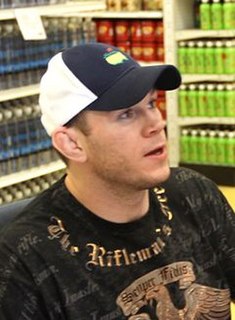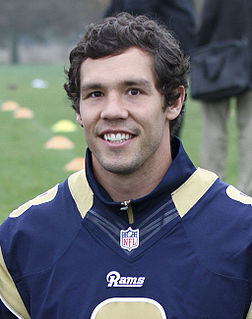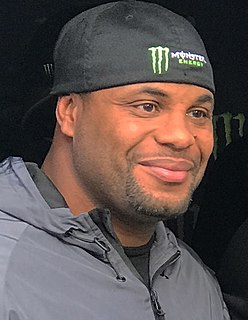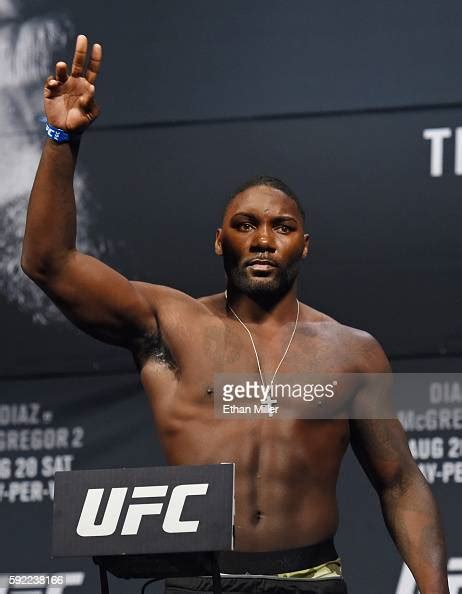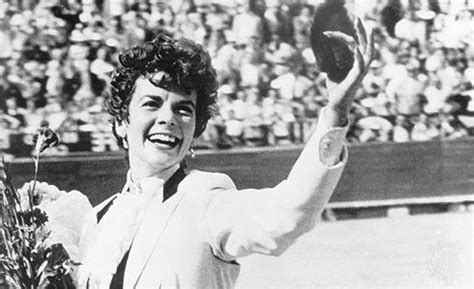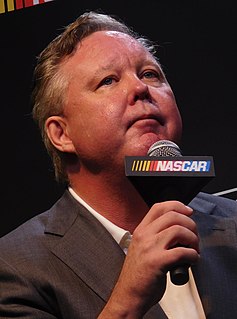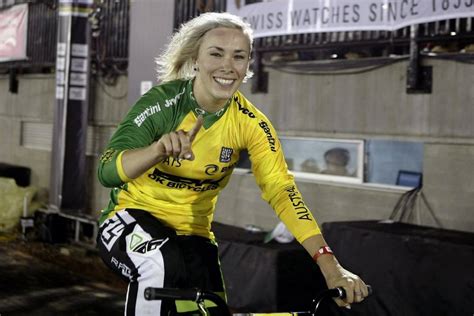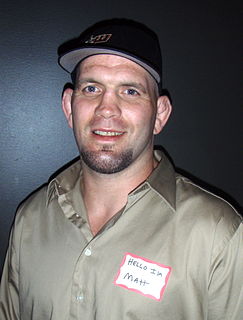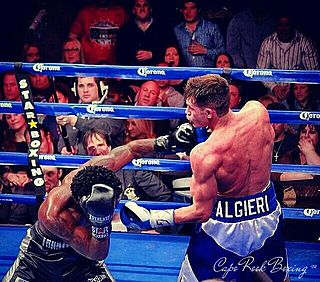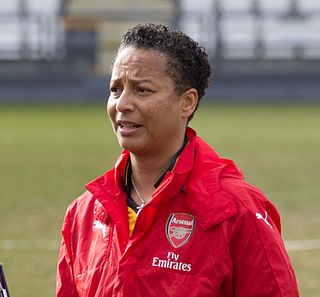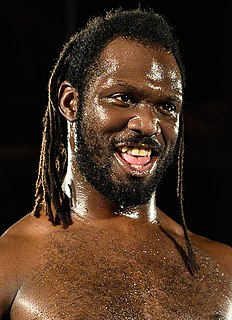A Quote by Forrest Griffin
I feel bad for guys in other sports that never work a job. Think about it, most MMA fighters have had to do something for money whereas a guy who was an athlete in college sport then went straight to the pros, he's never had a skill outside of sport.
Related Quotes
I had a really dark time after the Olympic Games... But then I said to myself, 'This is a sport that's blessed me with a home, with an education, with some money. I can't hate this sport. This sport took me out of Louisiana. This sport gave me a chance when so many people don't get a chance. And I love this sport.'
Bullfighting has some of the elements of a sport or contest, and in the United States most people think of it as a sport, an unfair sport. If you're in Spain or Mexico it's absolutely not a sport; it's not thought of as a sport and it's not written about as a sport. It has elements of public spectacle, but then so does, for example, the Super Bowl. It has elements of a deeply entrenched, deeply conservative tradition, a tradition that resists change, as you pointed out.
If you want to make it as a sportsperson - Become knowledgeable in the sport you want to participate in. Think about the sport and what it can offer in its entirety. You shouldn't want to become a professional sportsperson because of the money. There's a lot more to gain from being involved in sport. Work hard to get what you want. If it's your ambition, go for it. You don't have to be the best in the world to make it as an elite athlete. You need to be a grafter and be prepared to sacrifice.
I'm a product of state schools. I had a working-class family. We had no books. I was the first to go to college. But I didn't really think about it, or about making money. I was just going to be an artist, and I've been fortunate. I've never had to work for anybody nor have I had to write for money. Maybe that's another reason that I've been able to be productive. I haven't had to use my writing to make a living.
I've never had to make weight for any sport before. Because, get this, I was not allowed to do any sports in school because I was a professional athlete. I was doing wrestling at the age of 15, so the school districts and the board of directors said that because I was a professional athlete that I couldn't do anything.
I think it reaffirmed something that I believed in and conceptually always had faith in which was that you're most effective when you work as a team. I love that about filmmaking. I stopped playing team sports at 15-16 because of acting. I think I find a kind of new team sport in filmmaking in a way.
I can teach many sports, but obviously, tennis is the one. When you do other sports, you see things from different perspectives: different footwork drills, body positions, angles and geometry. All that stuff is helpful, and so when I do other sports, I can see things, because once you know one sport, then the other sport becomes more clear.
